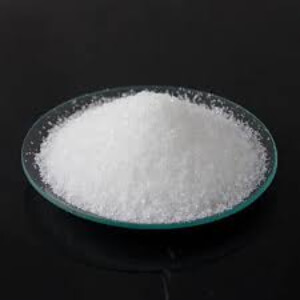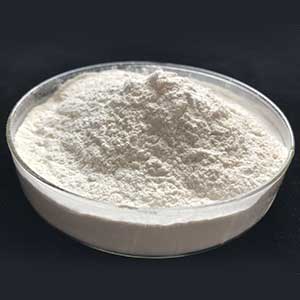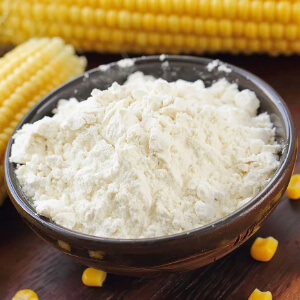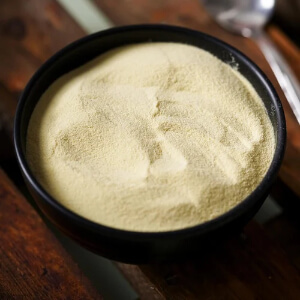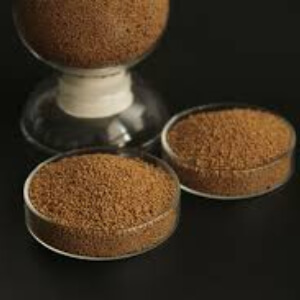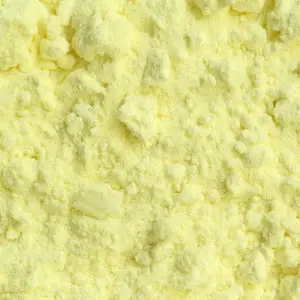
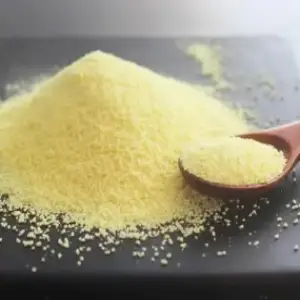

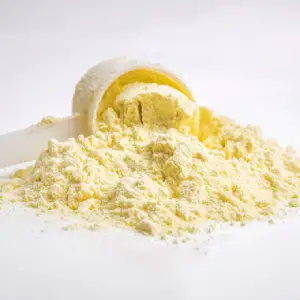
Thioctic Acid
CAS No.: 1077-28-7
Thioctic Acid is a naturally occurring compound with potent antioxidant properties. It is commonly used in dietary supplements.
Chempora is a leading supplier of Thioctic Acid, we provide customers with high-quality Thioctic Acid, if you have any requirements, please feel free to contact [email protected], we will reply you as soon as possible.
Specification Available: Food Grade
Product Introduction of Thioctic acid
Thioctic acid, also known as Alpha Lipoic Acid (ALA), is a naturally occurring sulfur-containing compound that acts as a powerful antioxidant. It is involved in mitochondrial energy production, specifically in the Krebs cycle, helping to convert glucose into energy. Thioctic acid is unique in that it is both water-soluble and fat-soluble, allowing it to act in a wide range of environments within the body.
Product Benefits of Thioctic Acid
Thioctic Acid Key Characteristics and Benefits:
1. Antioxidant Power: Thioctic acid neutralizes free radicals and reduces oxidative stress, which helps protect cells from damage.
2. Metabolic Support: Plays a crucial role in energy metabolism, particularly in the breakdown of carbohydrates and fats.
3. Blood Sugar Regulation: Thioctic acid may support insulin sensitivity and help regulate blood glucose levels, benefiting individuals with diabetes or metabolic syndrome.
4. Neuroprotective Effects: Alpha Lipoic Acid is used to treat diabetic neuropathy and other conditions related to nerve damage, due to its ability to protect nerve cells from oxidative damage.


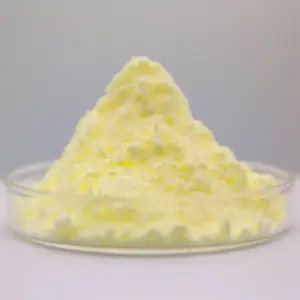
Application of Thioctic Acid
Thioctic acid, also known as alpha-lipoic acid (ALA), is widely used in many fields due to its powerful antioxidant properties and role in energy metabolism. The following are the product categories that lipoic acid can be used for:
1. Health products
Dietary supplements: Lipoic acid often appears as a dietary supplement, mainly used to improve the body’s energy metabolism, enhance antioxidant capacity, improve diabetic neuropathy, and relieve chronic fatigue. It is usually sold in the form of capsules, tablets, liquids or powders.
Diabetes management: Many supplements for diabetics contain lipoic acid to help relieve symptoms of neuropathy caused by diabetes (such as numbness, tingling, etc.).


2. Skin care products
Anti-aging products: Because lipoic acid is a powerful antioxidant, it can help scavenge free radicals and slow down the aging process of the skin, so it is widely used in anti-aging skin care products such as essences, creams, eye creams, etc.
Whitening products: Lipoic acid has the effect of inhibiting the production of melanin, so it is often used in whitening skin care products to help brighten the skin and fade spots.
Anti-inflammatory and anti-acne products: Lipoic acid has good anti-inflammatory effects and helps alleviate skin problems such as acne and blackheads, so it is also commonly found in acne care products.
Repair products: Lipoic acid can help reduce skin inflammation and irritation, so it is often added to sensitive skin repair creams, repair essences and other products.
3. Nutritional foods
Functional beverages: Lipoic acid may be added to some functional beverages as an ingredient to enhance physical strength and reduce fatigue due to its energy metabolism and antioxidant properties.
Food additives: In some cases, lipoic acid can also be used as a food additive to help extend the shelf life of food and prevent the oxidation and deterioration of oils and fats.


4. Pharmaceutical preparations
Liver protection drugs: Lipoic acid is often used in medicine for liver protection, especially in the treatment of fatty liver, cirrhosis and other diseases. It helps reduce oxidative damage to liver cells.
Neuroprotective drugs: For nerve damage caused by diabetes, neurodegenerative diseases (such as Alzheimer’s disease, Parkinson’s disease), etc., lipoic acid is used as an auxiliary treatment to help slow the progression of the disease.
Detoxification drugs: Lipoic acid helps detoxification, especially when removing heavy metals (such as mercury, lead, cadmium, etc.), and is often found in related drugs as a detoxification auxiliary ingredient.
5. Pet health care
Pet nutritional supplements: Lipoic acid is sometimes also used in nutritional supplements for pets, especially for pets with diabetes, obesity or liver disease, to help improve health.

Thioctic acid is widely used in many fields such as medicine, health care, skin care, food, and industry, mainly due to its strong antioxidant properties, its role in improving metabolism, and its many benefits to health.
Where does Thioctic Acid come from?
Thioctic acid, also known as alpha-lipoic acid (ALA), is a naturally occurring compound that plays a crucial role in energy metabolism within the body. It acts as a cofactor for mitochondrial bioenergetic enzymes, helping convert glucose into energy. It also functions as a potent antioxidant.
In nature, thioctic acid is produced in small amounts by animals and plants, primarily in the mitochondria of cells. However, it is not found in significant amounts in most foods. Some of the richest natural sources of alpha-lipoic acid include:
- Red meat, especially organ meats like liver and kidney.
- Spinach, broccoli, and Brussels sprouts, although the content is quite low compared to animal-based sources.
- Yeast and certain fungi, which are sometimes used in the production of lipoic acid supplements.
Commercially, thioctic acid is typically synthesized through chemical processes, as the demand for high-purity ALA exceeds what can be sourced from natural products. It’s widely used as a dietary supplement for its antioxidant properties, particularly in managing diabetes-related neuropathy, and in skincare and anti-aging products.
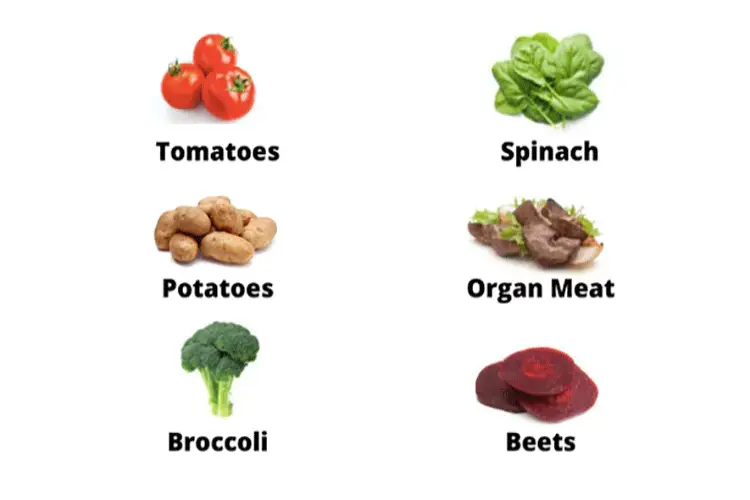
What precautions should manufacturers take when using Thioctic acid?
Thioctic acid, also known as alpha-lipoic acid (ALA), is a powerful antioxidant commonly used in dietary supplements, pharmaceuticals, and cosmetics. Manufacturers handling thioctic acid should take several precautions to ensure product safety, quality, and compliance with regulations. Here are key considerations:
1. Storage: Keep it in airtight, opaque containers, stored in a cool, dry place to prevent degradation from light, heat, and moisture.
2. Personal Protection: Ensure workers wear gloves, goggles, and protective clothing to avoid skin or eye irritation.
3. Handling: Minimize exposure to air to prevent oxidation; use stabilizers or encapsulation to maintain its potency.
4. Formulation: Ensure proper pH and compatibility with other ingredients to avoid instability.
5. Quality Control: Conduct purity, microbial, and stability tests to ensure product safety and effectiveness.
6. Regulatory Compliance: Follow local regulations for labeling, claims, and ingredient concentrations to meet safety standards.
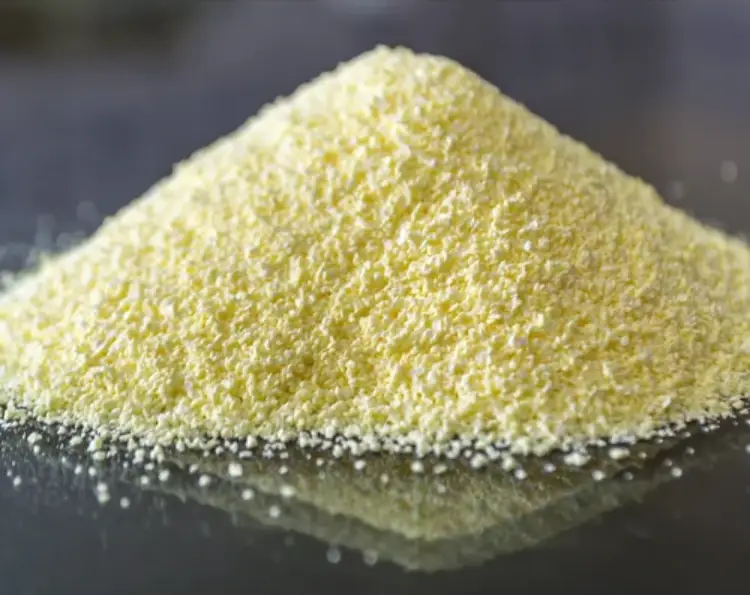
These steps help maintain the quality and safety of products containing thioctic acid.
Why choose to buy Chempora Thioctic acid ?
Choosing to buy Thioctic Acid (Alpha-Lipoic Acid) from Chempora offers several key advantages:
1. High-Quality Product
Chempora ensures that the thioctic acid supplied is of high purity, meeting international quality standards, so you can trust its effectiveness and safety in formulations.
2. Reliable Sourcing
As a global supplier, Chempora has established partnerships with trusted manufacturers, ensuring a consistent and reliable supply of thioctic acid.
3. Competitive Pricing
Through its international trade network and efficient sourcing, Chempora can offer cost-effective pricing without compromising quality, making it a great option for bulk purchasing.
4. Compliance with Regulations
Chempora ensures that all products meet local and international regulatory requirements, whether for food, cosmetics, or pharmaceutical use, providing peace of mind regarding legal compliance.
5. Customization & Technical Support
Chempora offers customized packaging and provides technical support to assist with formulation, ensuring that thioctic acid works optimally in your specific product line.
6. Strong Customer Service
With its expertise in the industry, Chempora provides excellent customer service, addressing inquiries and resolving issues quickly to keep your production process smooth.
7. Global Reach
As a supplier serving a wide range of industries and countries, Chempora offers logistical advantages, ensuring timely delivery and consistent supply, no matter where you’re located.
Contact Us
CHEMPORA CO., LIMITED
By purchasing thioctic acid from Chempora, you benefit from high-quality products, competitive prices, and reliable customer support, ensuring your production runs smoothly.
More Product Recommendations
Chempora is a professional supplier of nutritional supplements, food additives, and feed additives. In addition to providing you with Thioctic acid , we can also provide you with other food additives. We look forward to your message.


